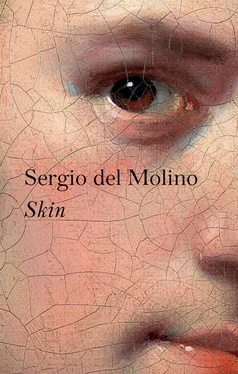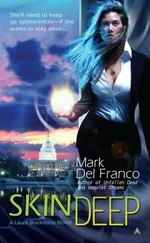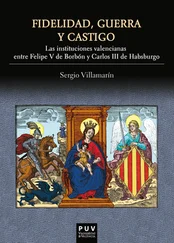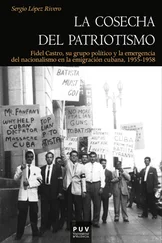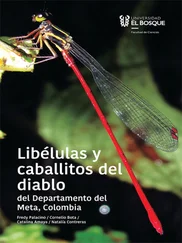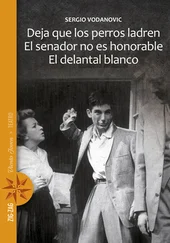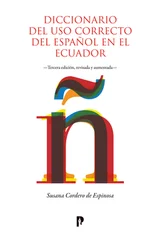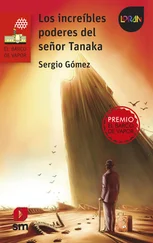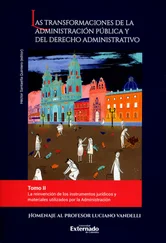Dahl has a way of tuning in to the wickedest frequencies in the personalities of children. Those who don’t know children tend to treat them like objects in a museum, things to be preserved in display cases and admired from afar, neither touched nor exposed to the elements; but anyone who dares to smell their breath knows that children can absorb bad things entirely unscathed, things that adults cannot stomach. It is us, the elders, who are afraid, because true fear can only arise out of experience. When confronted with debts we cannot pay, we’re afraid of going hungry. War frightens us because we have seen what it did to our grandparents. We’re terrified of illness, having cried at friends’ funerals. Fear without experience is nothing but a philosophical derangement, which is why children are never truly afraid. In the deepest recesses of every child there is an immaculate darkness, and Dahl knew how to combine words in such a way as to stimulate it. Fear, looked at like this, is funny for the child, but unbearable for the parent.
When I turn off the light and go out of his room, upon transforming back into what I am, I go and shelter in the books Dahl wrote for adults, which, like everything he did not write for children, is full of consolation and hope.
‘Skin’ is one of my favourites of his stories. Drioli, a small-time tattoo artist – I don’t know if there’s such a thing as a big-time tattoo artist – befriends Soutine, a Parisian painter who is just as small-time as him but has just sold his first paintings. To celebrate, they get drunk in the latter’s studio, and the night ends with Drioli offering his back as a canvas. He shows his friend how to do a tattoo, and Soutine paints a masterpiece on his skin. Many years later, Drioli passes an art gallery and is apprised of the fact that his friend, now dead, is a much sought-after artist. He has remained a wastrel, but he has a Soutine on his back. Drioli the old drunkard, beloved of no one, becomes a semi-priceless work of art. The skin on his back does, at least. I won’t spoil the ending, though it doesn’t take much to guess that it’s a gruesome one.
The Spanish translator opted to call it ‘Tattoo’, perhaps because it seemed to him more dangerous, thuggish and sinister than ‘Skin’, but this is a mistake, because the story isn’t about the tattoo but about the canvas. The metaphor is the epidermis: that is the place where we carry our dead friends with us. The drunken nights we’ve shared remain forever in our pores and hair, which develop wrinkles in accordance with the hardening of collagen. They transform as we ourselves transform. If a restorer were to examine us with x-rays, they would discover a thousand layers of sketches and touch-ups, illegible artists’ signatures that we have forgotten, and even the hazy outlines of unborn children.
Growing old consists of giving an account of oneself, but my monstrous skin tells of the future, not the past. It gradually dies, showing me what I will be; it has no interest in what I have been. It anticipates biological degradation, the return to an embryonic, amorphous, bloody form that closes life’s circle and shows that there never was nor ever will be any soul to sublimate me: only cells, flakes, dust, dried blood. The body at its purest.
Why go on digressing and feeling sorry for myself? We monsters are such a drag, forever whimpering away in our towers and dungeons, egoists to a one, feeling the pain of the world’s disgust – when in fact the world doesn’t give us a second thought. The Beauty and the Beast have something in common, in that both feel they are being watched. The narcissism of the beautiful and the ugly is one and the same.
I want to tell my son about my life line, about the death that hasn’t come but surely will, about my real witches and the red dots on the soles of my feet. I want to create a bestiary of monsters for him, of my fellow beings, individuals devoured by the same psoriasis that leaves me so broken. All of this I will write, so that he may read about it when I’m not there to tell him, or it doesn’t make sense for me to do so, because I’m no longer tucking him in, saying sleep tight, or leaving the door ajar and the kitchen light on.
Once there was a man with a moustache who ruled from the plains of Europe to the Sea of Japan, from the North Pole to the deserts of Persia. These had been the dominions of the tsars, until the friends of the man with a moustache, who called themselves the Bolsheviks, killed the last tsar and all his relatives and founded another empire. To begin with they plundered the palaces, but later they decided to keep them for themselves, and little by little took a liking to noble living. They were hard, uncompromising types, accustomed to conversing at the tops of their voices, carrying guns and sleeping unsheltered on the ground. They went by nicknames, as warriors do. Lenin – that is, the Lena-ian, or he who comes from the River Lena – was boss. The man with a moustache called himself Stalin, that is, Man of Steel. To his Bolshevik friends he was the vozhd , the guide. Or Koba. Only those closest to him were allowed to address him as Iosif Vissarionovich.
The Bolsheviks had dedicated half their lives to fighting the tsars, and they had been acquainted with cold Siberian prisons and exile, just as cold, in every European capital. There was no reason, having assumed control in the country and dispatched their enemies, for them to go on lying down at night in camp beds and eating gruel. Stalin was from Georgia, but he didn’t like to be spoken to in Georgian. He preferred Russian, the imperial, common tongue, the language of equality and of the state. Occasionally one of his compatriots, trying to save their own lives or that of a loved one, would try to soften him up by speaking in Georgian, but they only succeeded in making him angrier still, perhaps because it was a reminder of his elderly mother in Tbilisi whom he never visited, or of those winters in his childhood with neither pheasants nor caviar on the table. Stalin was more a fan of the here and now, and the here and now sounded Russian and were both delicious and plentiful, like the lavish socialism that cascaded over the country, thanks to his infinite goodness.
The hunger could be sated and, with firewood and leather jackets specially cut by Parisian tailors, the cold alleviated, but there were aftereffects from the former struggles for which no palace, porcelain, Rubens painting, or bottles of champagne could provide consolation. In Siberia, in the years when they were detained at the pleasure of the tsarist judges, he got frostbite in one of his arms, and from then on suffered from terrible rheumatism. He had also been diagnosed with chronic tonsillitis and an incurable skin condition (psoriasis, of course). Which of these ailments was a result of the revolutionary war and which purely genetics was beyond medical science to answer in those days. The terrible part was the impotence: Stalin could change the world, but he could not stop himself from scratching. What’s the point of being all-powerful and feared from the plains of Europe to the Sea of Japan, from the North Pole to the deserts of Persia, if night after night your bones ache and your skin itches like crazy?
It was Mikoyan, loyal, Armenian Anastas Mikoyan, a comrade from their heroic days, who told him about Sochi.
There’s a small town on the Black Sea, he said, near the border with Georgia; a trip will do you the world of good. We’ve just built a railway that goes all the way there. The climate, the forests, the tranquillity there – you’ll see. The water is miraculous. Come on, I’ll find you a nice little place, it’ll be no-frills but ideal for recharging the batteries.
Читать дальше
